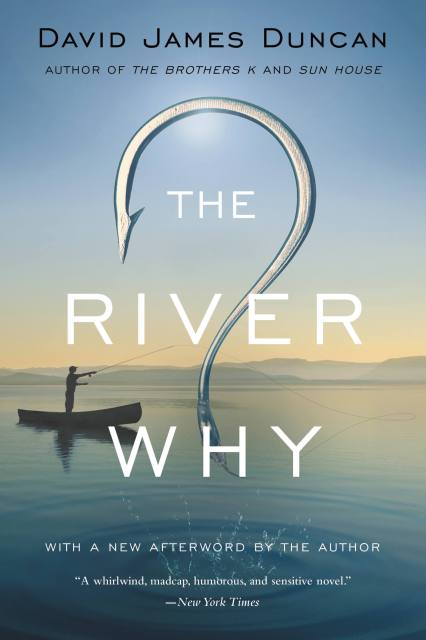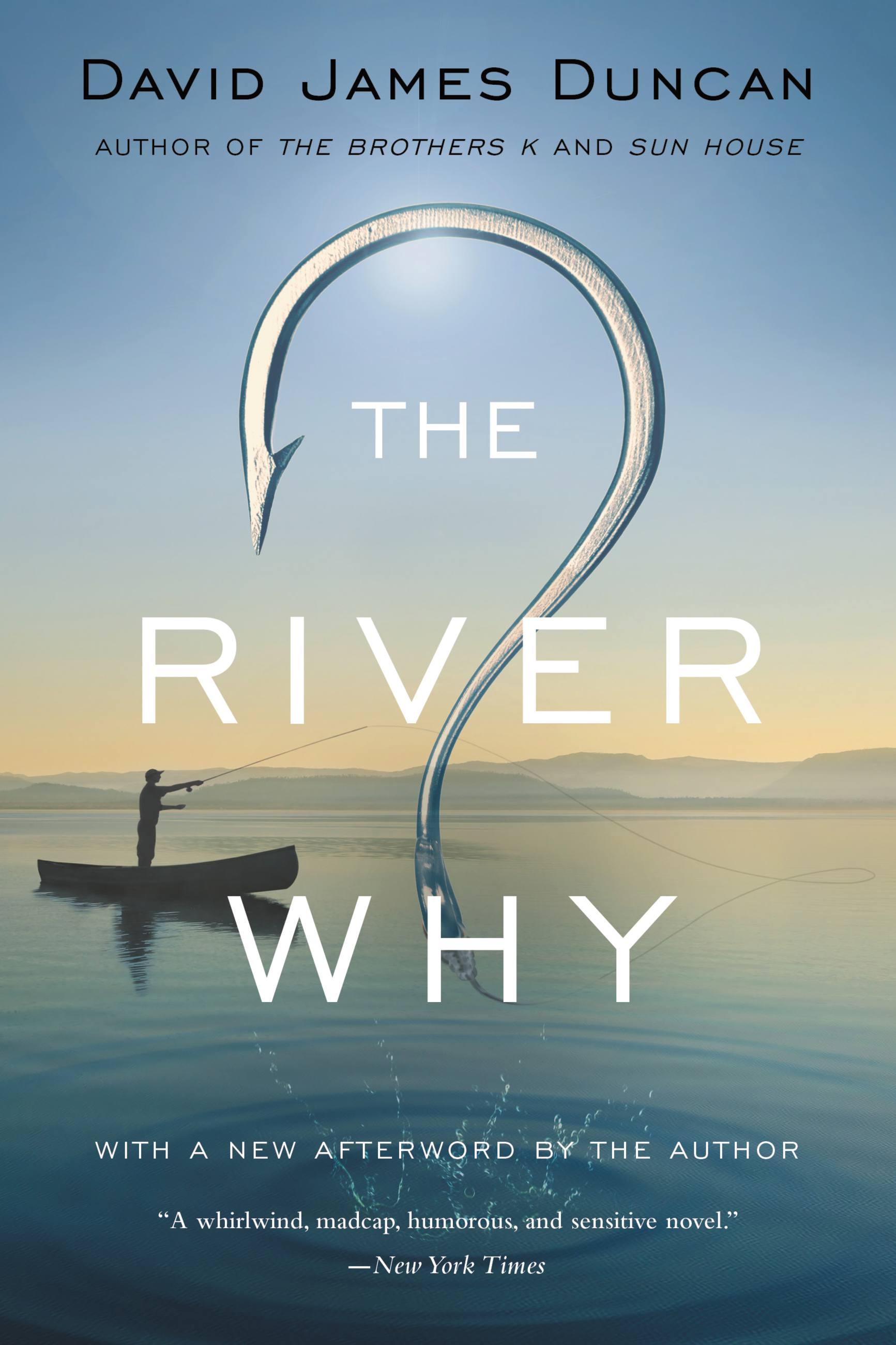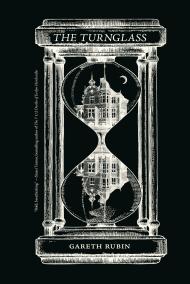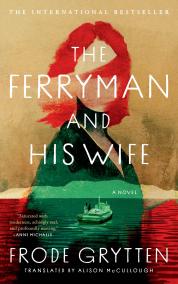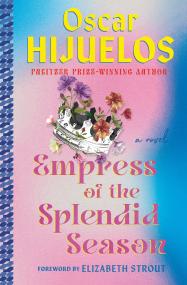By clicking “Accept,” you agree to the use of cookies and similar technologies on your device as set forth in our Cookie Policy and our Privacy Policy. Please note that certain cookies are essential for this website to function properly and do not require user consent to be deployed.
The River Why
Contributors
Formats and Prices
- On Sale
- Sep 8, 2015
- Page Count
- 304 pages
- Publisher
- Little, Brown and Company
- ISBN-13
- 9780316261210
Price
$11.99Price
$15.99 CADFormat
Format:
- ebook $11.99 $15.99 CAD
- Audiobook Download (Unabridged)
- Trade Paperback $19.99 $25.99 CAD
This item is a preorder. Your payment method will be charged immediately, and the product is expected to ship on or around September 8, 2015. This date is subject to change due to shipping delays beyond our control.
Buy from Other Retailers:
The classic novel of fly fishing and spirituality republished with a new Afterword by the author.
Since its publication in 1983, The River Why has become a classic. David James Duncan’s sweeping novel is a coming-of-age comedy about love, nature, and the quest for self-discovery, written in a voice as distinct and powerful as any in American letters.
Gus Orviston is a young fly fisherman who leaves behind his comically schizoid family to find his own path. Taking refuge in a remote cabin, he sets out in pursuit of the Pacific Northwest’s elusive steelhead. But what begins as a physical quarry becomes a spiritual one as his quest for self-knowledge batters him with unforeseeable experiences.
Profoundly reflective about our connection to nature and to one another, The River Why is also a comedic rollercoaster. Like Gus, the reader emerges utterly changed, stripped bare by the journey Duncan so expertly navigates.
Since its publication in 1983, The River Why has become a classic. David James Duncan’s sweeping novel is a coming-of-age comedy about love, nature, and the quest for self-discovery, written in a voice as distinct and powerful as any in American letters.
Gus Orviston is a young fly fisherman who leaves behind his comically schizoid family to find his own path. Taking refuge in a remote cabin, he sets out in pursuit of the Pacific Northwest’s elusive steelhead. But what begins as a physical quarry becomes a spiritual one as his quest for self-knowledge batters him with unforeseeable experiences.
Profoundly reflective about our connection to nature and to one another, The River Why is also a comedic rollercoaster. Like Gus, the reader emerges utterly changed, stripped bare by the journey Duncan so expertly navigates.
-
Praise for The River Why:New York Times
"A whirlwind, madcap, humorous and sensitive novel" -
"A hymn to the waters of the earth and the wholeness of life. It is also funny."Miami Herald
-
"A veritable epic of flyfishing... done in a high-velocity, exuberant style, sprawling in scale, heedless of form... The feeling for and evocation of the imperiled natural world is rhapsodic in its intensity; the writing energetic, literary in a distinctly American way... So amiable is the prevailing tone that the flowing narrative is able to absorb Koranic and Eastern mysticisms, Tao, Sufism, Zen-the religions of oneness and gospel of love-without turning into the kind of maudlin choral chanting that so often disfigures treatments of fusion of self and the world."Publishers Weekly
-
This is a modern-repeat, modern -tale of maturity and redemption.Christian Science Monitor
Newsletter Signup
By clicking ‘Sign Up,’ I acknowledge that I have read and agree to Hachette Book Group’s Privacy Policy and Terms of Use
